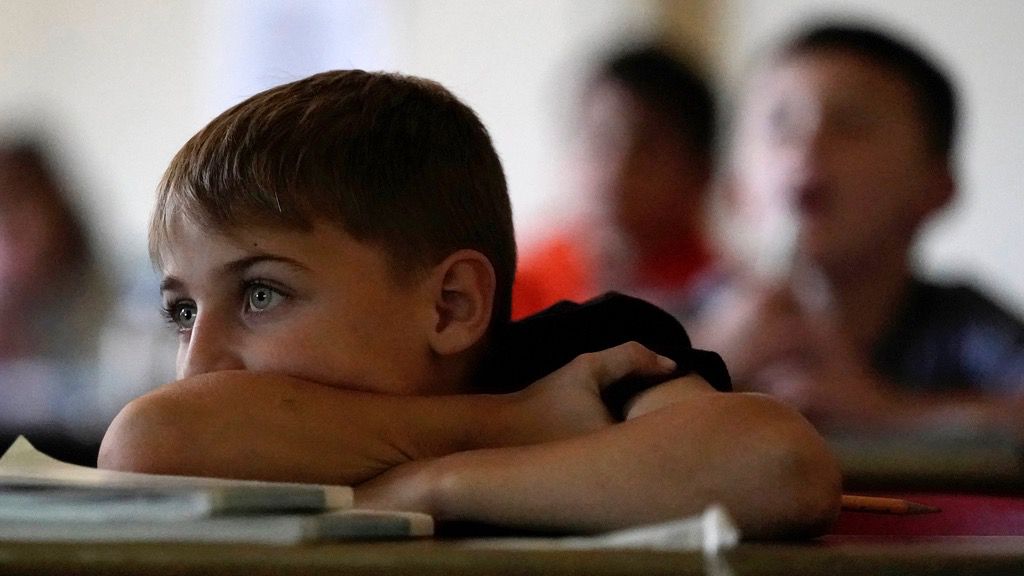Studies continue to show that student learning, particularly in mathematics, and especially amid certain ethnic and disadvantaged populations, suffered during the pandemic.
And while the effects on students have been evident, those same researchers are finding that policymakers and education leaders have had “relatively little discussion” of ways to improve math learning and instruction amid pandemic recovery.
“While it is critical to continue providing supports for literacy instruction, the pandemic has taken an even greater toll on math achievement,” write the authors of a study led by Katharine Strunk and published by Michigan State University’s Education Policy Innovation Collaborative. “Policymakers and educators will need to provide increased supports for math learning and instruction in the years to come.”
EPIC researchers based their study on an analysis of the Michigan Student Test of Educational Progress, or M-STEP, the state’s standardized test for student learning, and zeroed in on middle school learning — grades 5 through 7 — from the beginning of pandemic-era learning in fall 2020 through spring 2022.
According to their analysis, pandemic-era English Language Arts learning “fell only slightly,” while math learning “dropped considerably” relative to pre-pandemic data. That trend was seen across all students, regardless of race, ethnicity or socioeconomic divisions.
However, researchers found that math learning disparities grew among white students and Black or Latino students, as well among wealthy students and economically disadvantaged students, as schools returned to normalcy by spring of 2022.
“While we do find that outcomes for these students increased at a faster rate compared to their respective peers between 2020-21 and 2021-22, disparities between each group persist,” the authors said.
At this point, it’s widely believed that pandemic-driven school closures greatly impacted students’ learning outcomes (with one review finding that students lost out on about 35% of a normal year’s worth of learning) and social skills. According to a Brookings Institution report, COVID-era math learning drops are “significantly larger” than the drops that students faced in the wake of Hurricane Katrina.
The pandemic “exposed weaknesses in school systems around the world,” according to a McKinsey survey of teachers published in 2021.
“We are not ’out of the woods’ yet,” the EPIC report said. “Educators and policymakers must continue to monitor learning outcomes for all students, and especially for groups that were disproportionately affected by the COVID-19 pandemic.”



